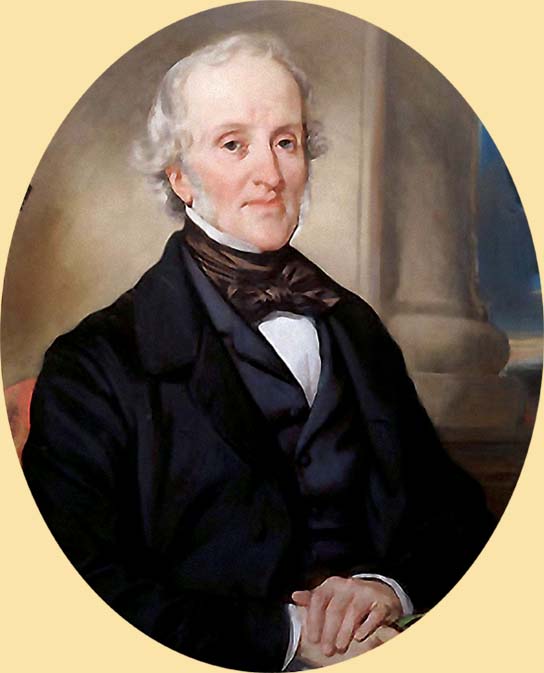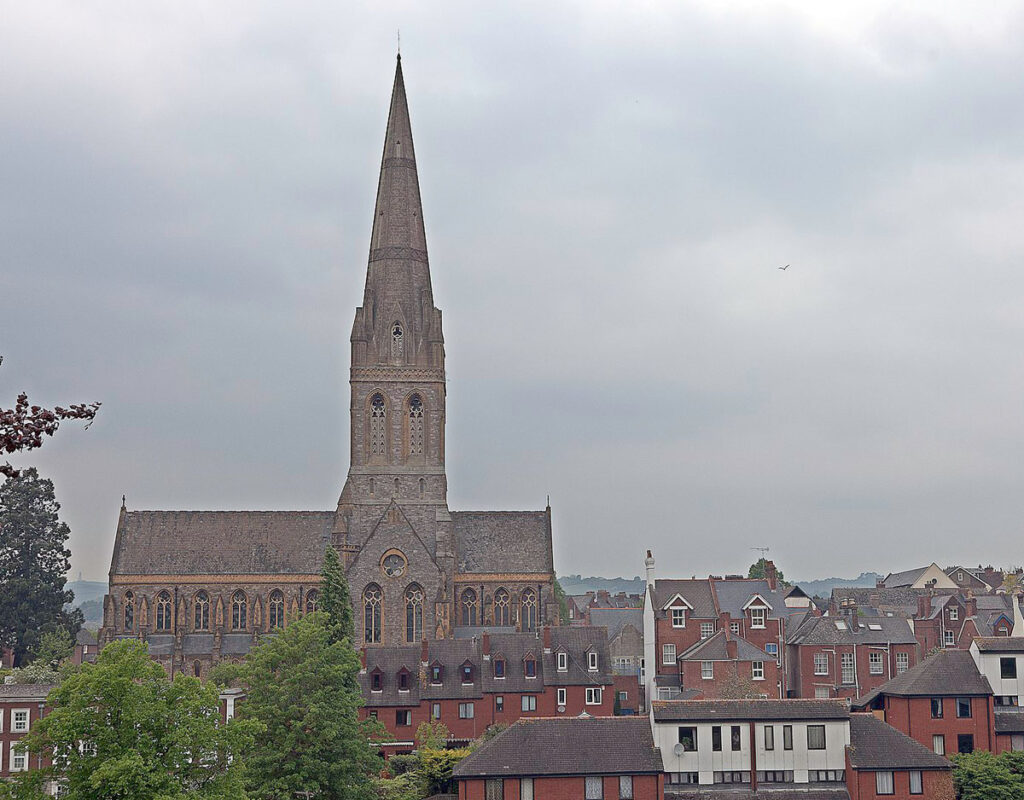Community researcher – Diane Blake
In the middle of the nineteenth century, William Gibbs was one of the richest men outside of the nobility in England. So well known was he for making his wealth from fertiliser, he was mentioned in a Victorian Music Hall Ditty: “William Gibbs made his dibs, Selling the turds of foreign birds”. In Exeter his lasting legacy was his investment in church building.
Born in Madrid in Spain in 1790, William spent his infancy in Devon where his father Antony had been born. His grandfather George was a surgeon at the Devon & Exeter Hospital in Southernhay. The family lived briefly near Bideford before moving to St David’s Hill and then to Cowley Cottage. He went to a school near Palace Gate run by Charles Lloyd and then to Blundell’s School at Tiverton. However, he did not stay in full-time education for long.
At the ripe old age of twelve, William joined his father, a trader, in Cadiz. William spent the next ten years learning and working in the merchant trade. First, he was an apprenticed clerk to his uncle George in Bristol and later returned to Cadiz to work in the family fruit and wine import business “Antony Gibbs & Sons”. Following the death of his father in 1815, William moved to London to run the business with his older brother. Expanding the business to Peru and Bolivia, the company began purchasing and importing guano, the dung of seabirds.
A year after his brother’s death in 1843, his nephew Henry Hucks Gibbs joined the business and over time William became less involved. He retired in 1858. It is then that William turned to philanthropy.
This reflected his belief in Tractarian Anglicanism and he invested in religious buildings such as the chapel at Keble College, Oxford. In Exeter, he supported the plans of the Reverend Joseph Toye, vicar of St David’s Church, to build a new church. With William’s funding, plans were expanded to become the majestic Church of St Michael and All Angels at Mount Dinham. It was built between 1865 and 1868 and following this success, in 1868 he provided funding to build St Antony Cowley Church in remembrance of his parents and, in 1872, the extension of Exwick Chapel, renaming it St Andrew’s Church.
After his death in 1875 the parish of St David’s commissioned a memorial which can be found in the Church of St Michael and All Angels. His family home from 1843, Tyntesfield in Somerset, was bought by the National Trust in June 2002

